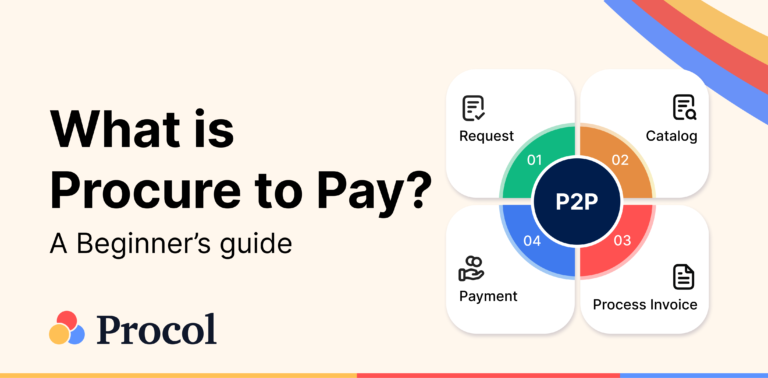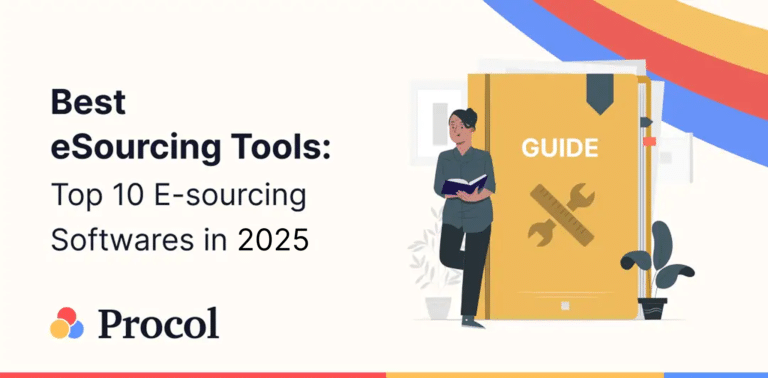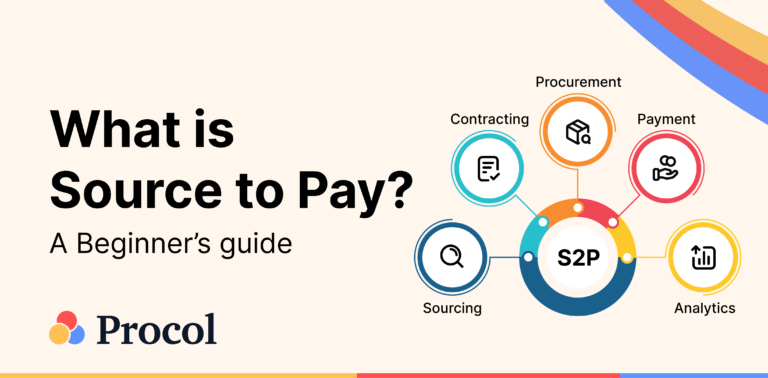What is Original Equipment Manufacturer (OEM)?
Formerly, the term “”original equipment manufacturer”” (OEM) referred to a business that produced a good for another business, which afterward sold it – often after adding value – under its name. It is highly typical in retail, especially for electronics and cosmetics.
Today, manufacturing to order is usually recognised to be when a manufacturing expert produces a product or component for another business that supplies it with the product design and other specifications. To create a product sold under its brand name, the purchasing company may combine this product or component with other products (adding value) or sell it separately.
Advantages of OEMs
- Competitive pricing: Thanks to economies of scale, components are typically very cost-competitive. OEM parts are less expensive than if the purchasing firm had produced them, thanks to high volumes, streamlined procedures, and effective supply chains. Increased sales, income, and profits result from a good product being priced at a low or reasonable price.
- Access to professionals results in high quality: The identical production procedure has been employed by numerous businesses for years. They are specialists in that technique as a result. Consider dying casting. An expert manufacturer would be aware of the causes of production flaws like low wall thickness and excessive die surface porosity and take precautions to avoid them. Companies that lack extensive Original Equipment Manufacturer experience would likely make costly mistakes.
- Reduce capital expenditures and safeguard against changes in operating costs: Companies can reduce their capital expenditures for purchasing machinery and factory space by outsourcing their manufacturing. Additionally, they can also gain in terms of operational costs like raw material costs, some of which might change over time and derail the best-laid plans for budgeting.
- Concentrate on product development, marketing, and sales: By outsourcing production, businesses may devote more resources to product creation, whether for new items or for locating new markets and consumers for their current offerings.






















